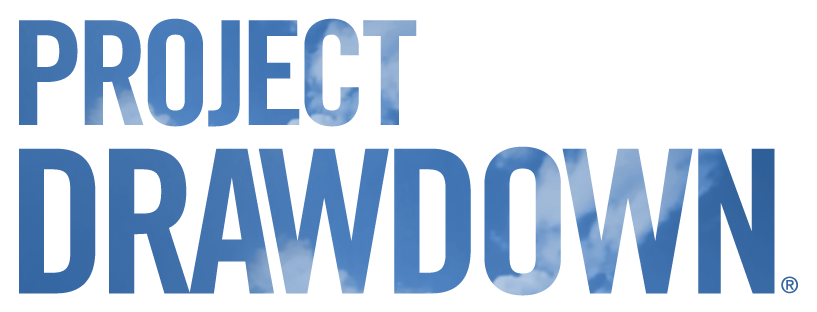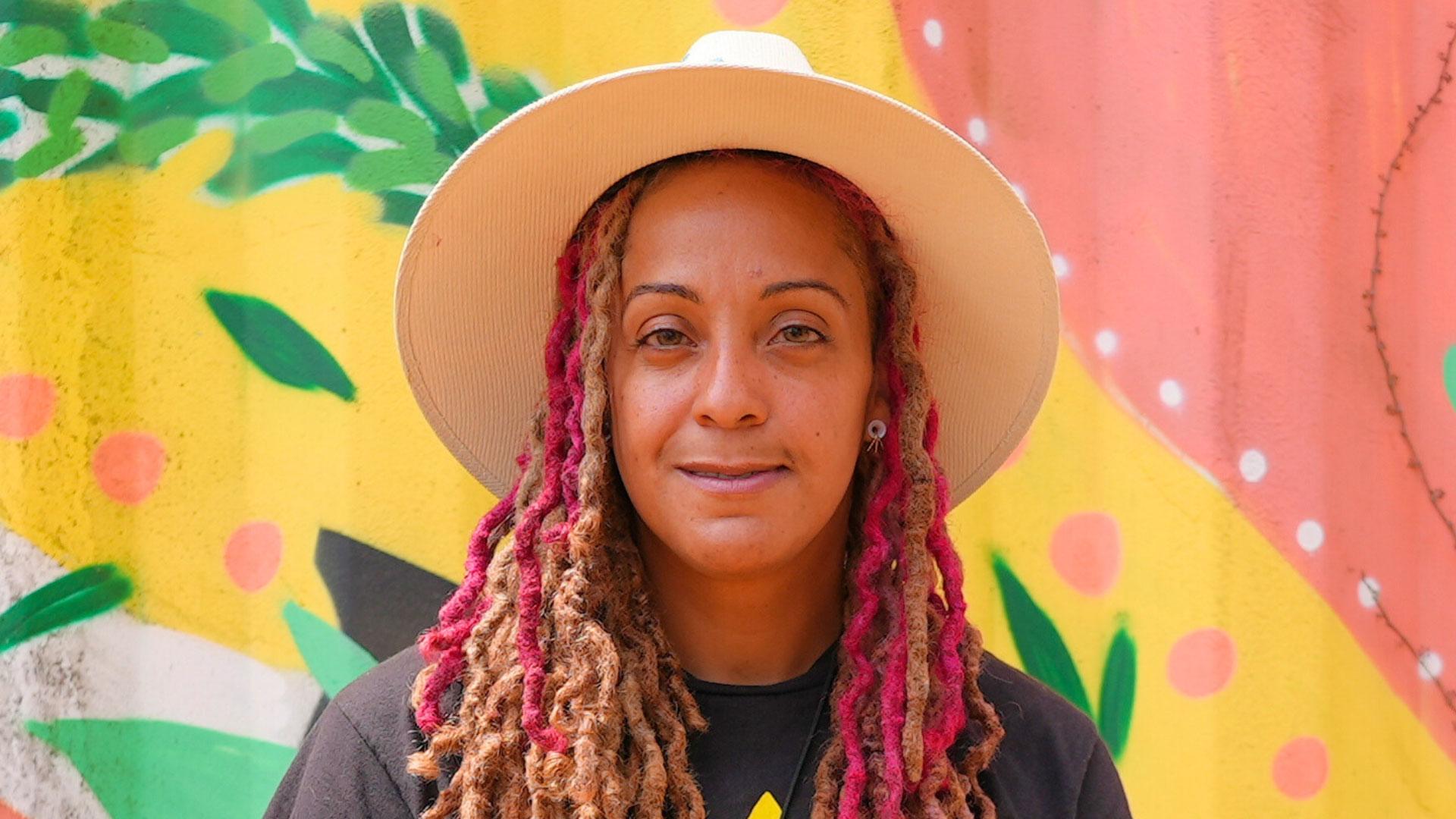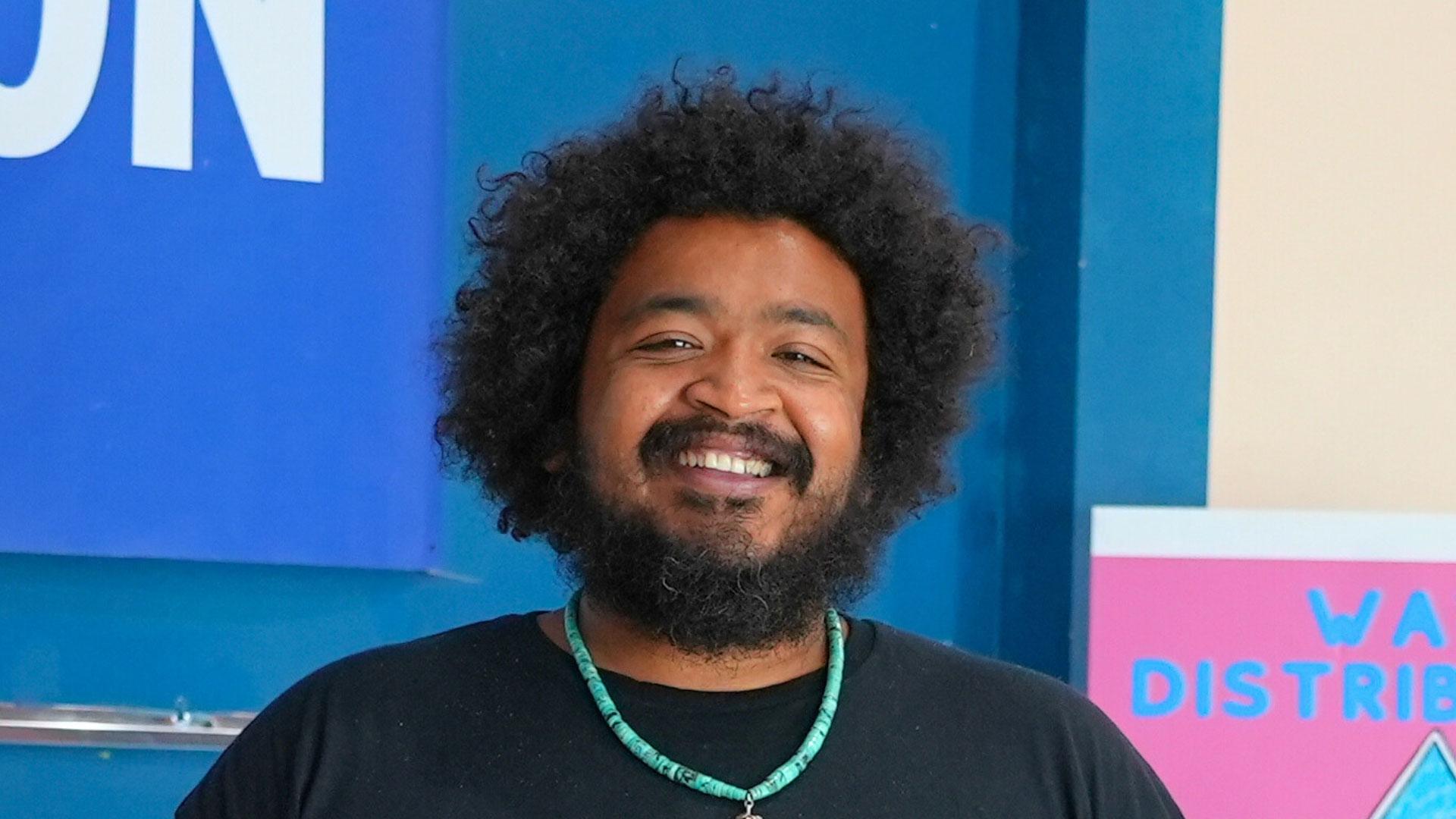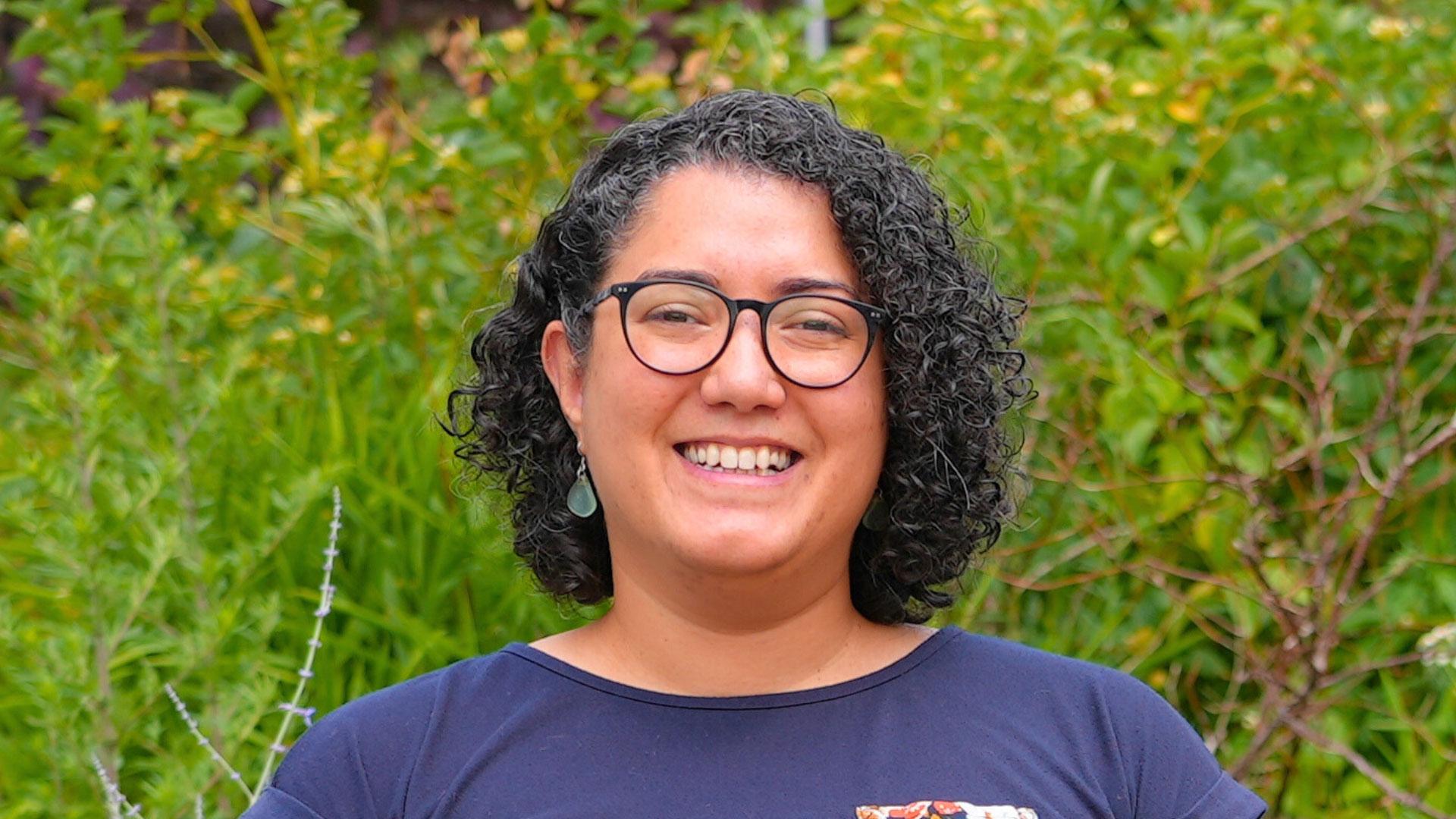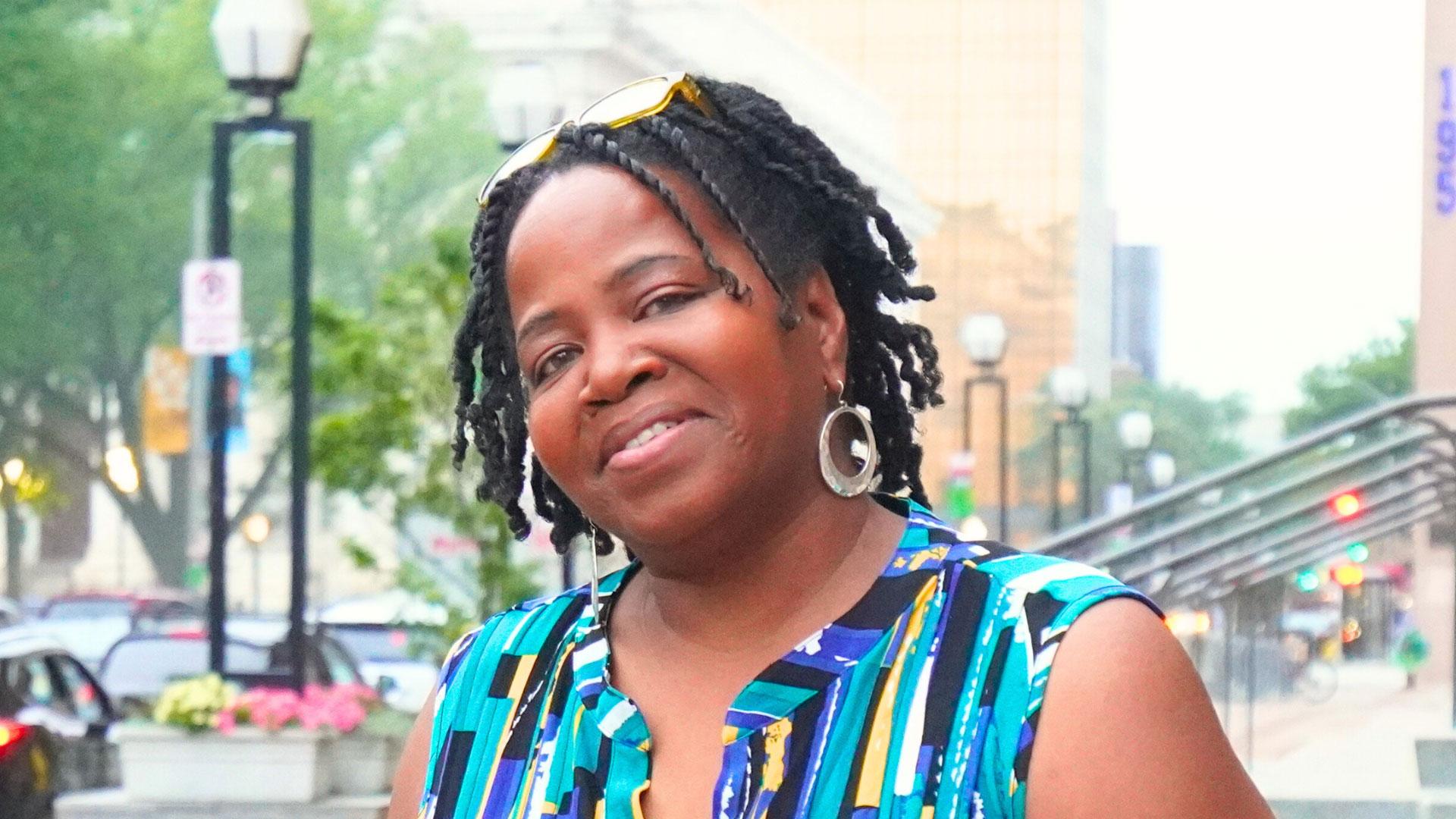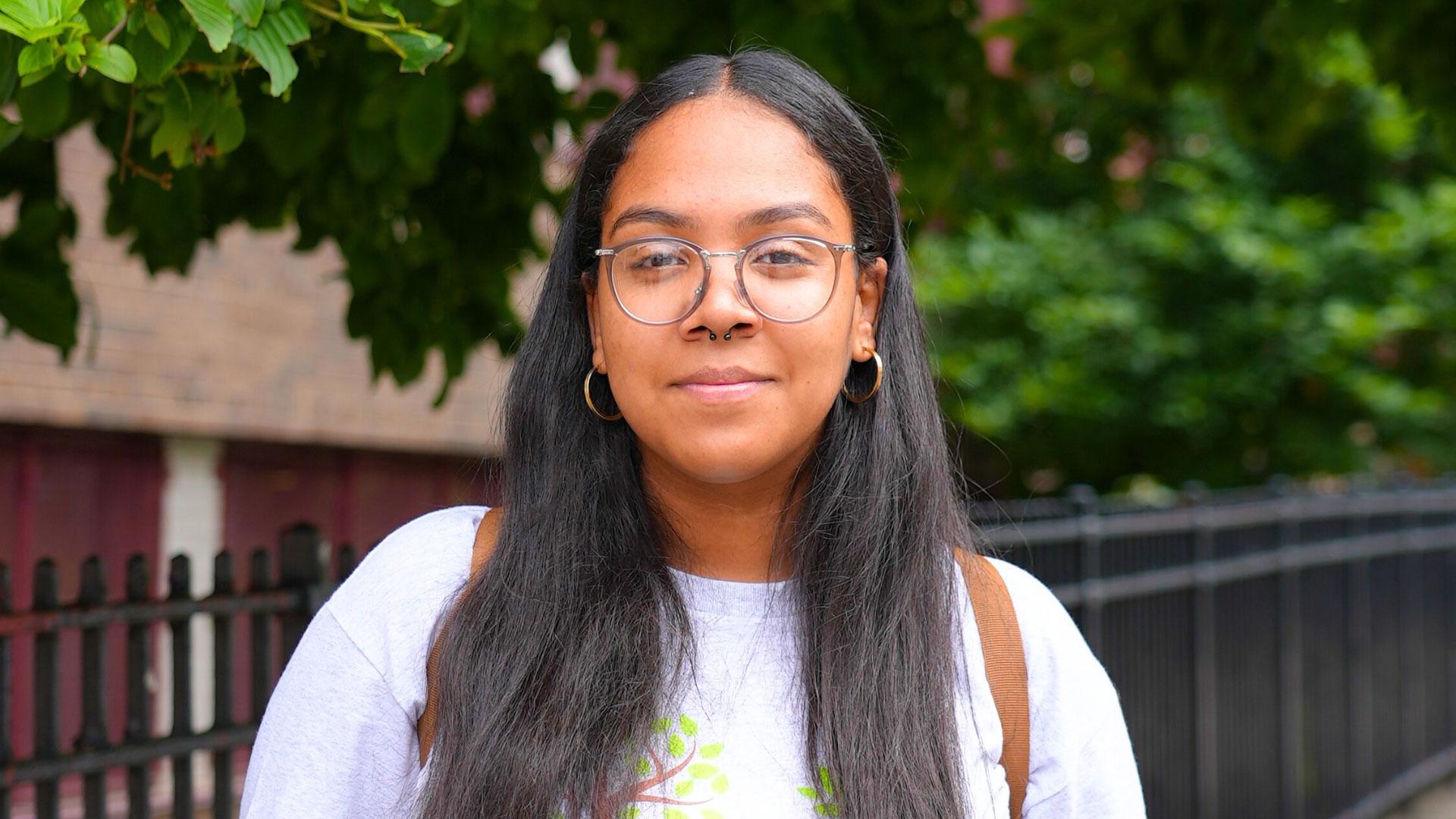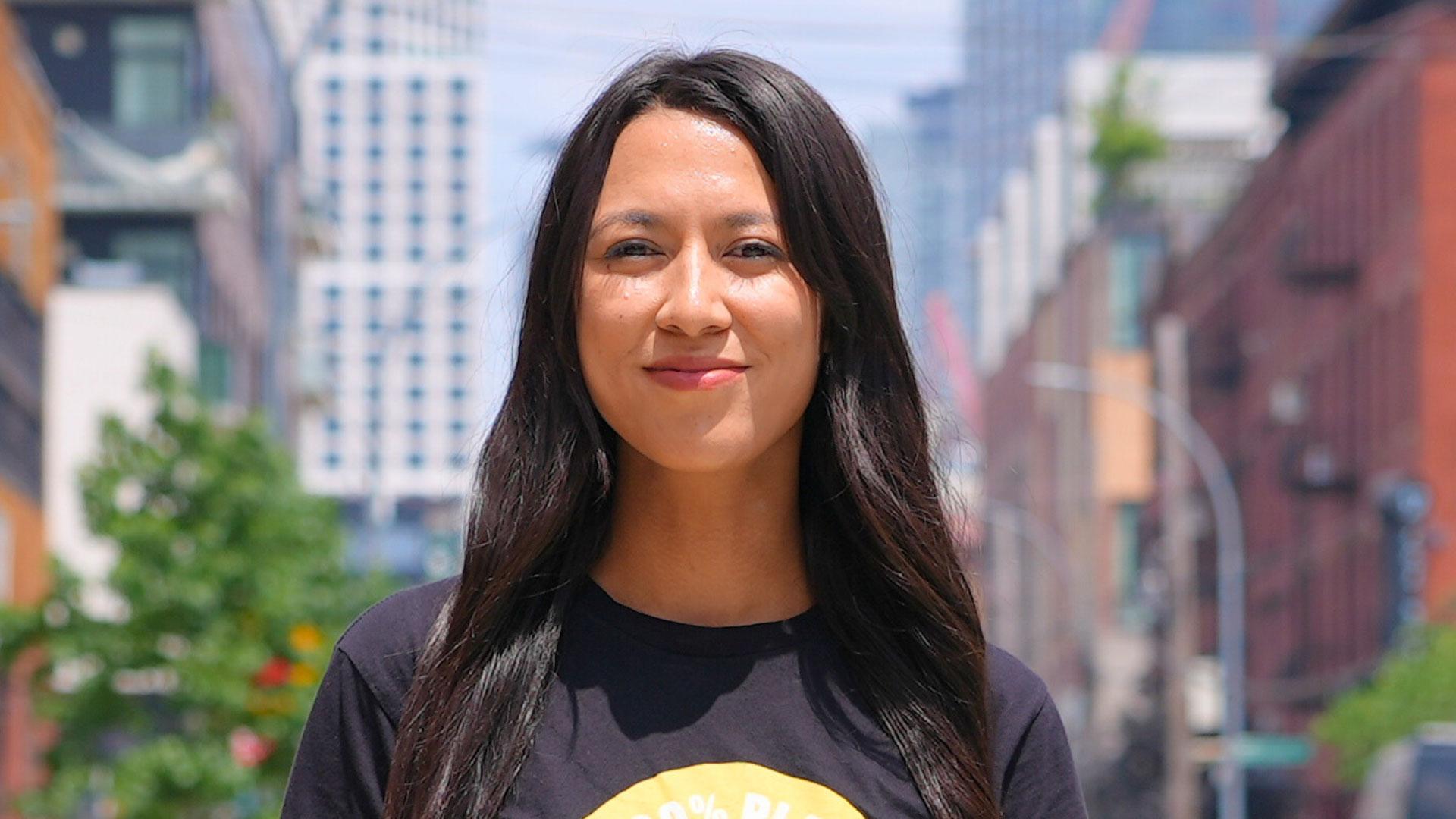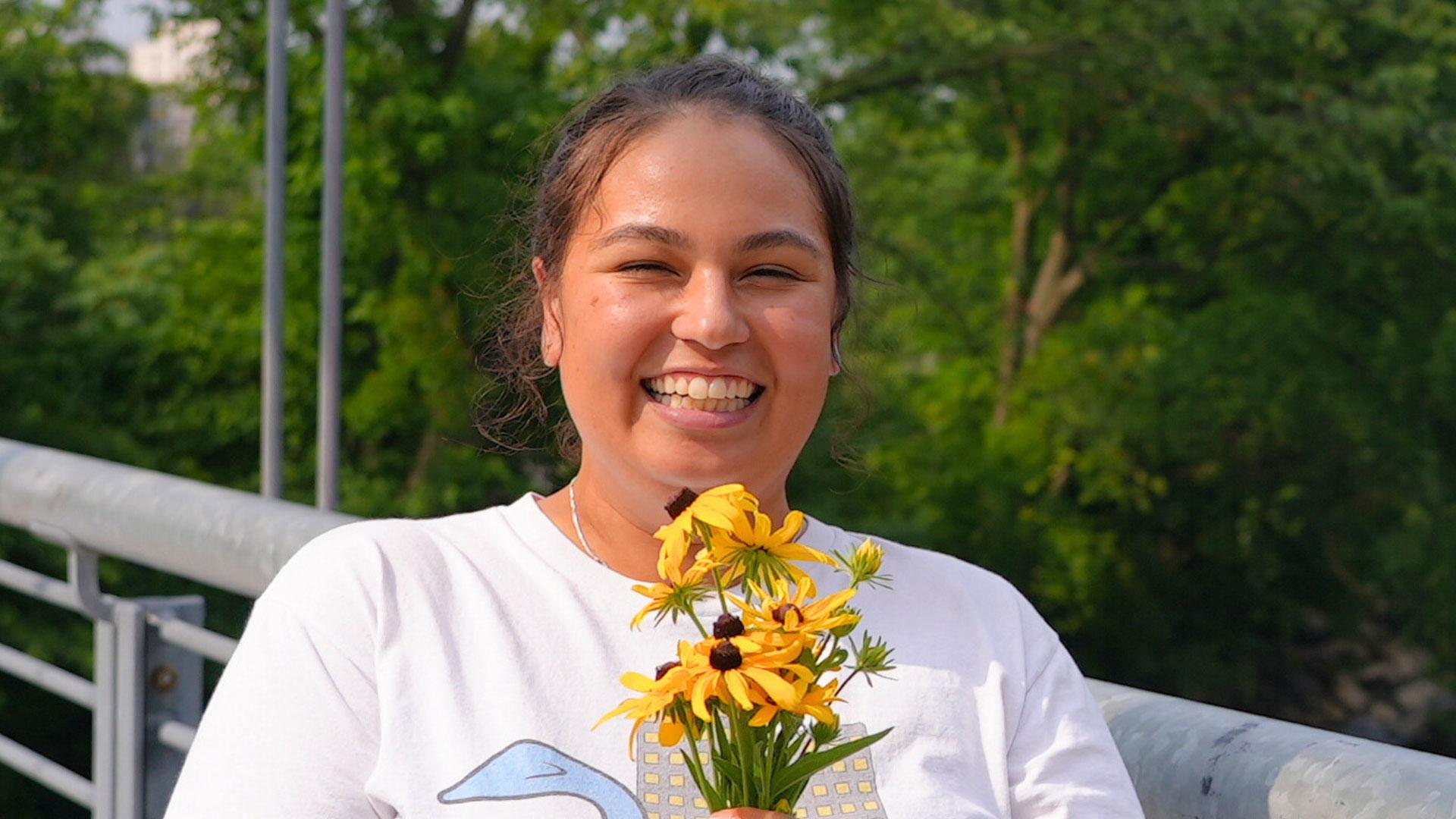Bilal Walker: Place-Making and Place-Keeping As An Act of Faith
In this Episode
Bilal’s Story
Bilal Walker is an ethnographer, educator, and advocate, leading change in his community in Newark, New Jersey. Alongside his wife Breeona, Bilal founded Al Munir LLC, which consults with schools, non-profits, and grassroots organizations to develop policy agendas and community engagement initiatives. Bilal is raising awareness about the connection between pollution and health by educating his community about healthy food and lifestyle choices, which are also important for stopping climate change. Creating community gardens and micro-farms on vacant lots, like Jannah on Grafton, has been a place-making and place-keeping strategy to advance health equity, workforce readiness, entrepreneurship, and policy change to improve community health, wealth, and prosperity.
Discussion Questions
One of the most important things you can do regarding climate change is talk about it.
- Being a person of the Muslim faith is a central aspect of Bilal’s identity, and he seeks to actively live out his faith’s values of humility, consciousness, collaboration, self-development, and community-building. Bilal says that stories of Islam portrayed in the media have often misrepresented what it is, fostering misunderstanding and xenophobia. “The perspective that many people get of Islam is almost never the experience that African Americans live in this country,” Bilal says. Have you ever had an experience where a central aspect of your identity was misunderstood? If so, what would you like people to know to change the narrative? How can the work you do help change the narrative?
- A dream that Bilal has is to travel with his wife, Breonna. “If I could just be a backpacker for maybe two, three years, that would be mad fun,” he says. Bilal applies this big thinking about what is possible to his work in community organizing for the future of Newark. “Be creative. Keep a journal of different strategies and ideas, cut pictures out, and use markers and stuff to code your thoughts and dreams. Be radical in your thinking, and be radical for your appreciation for what could be,” Bilal shares. If there were no limits to what you could do, what is a radical dream for yourself and your future? What would it look like if you were to draw it out in a journal? What is one step that you can take toward that path of growth? How is dreaming big important for how we imagine and build a better world?
- Bilal's passion for environmental justice and health equity has come from personal experiences. After a student passed away during an asthma attack, Bilal coordinated with the student's mother and a national advocacy group to create Newark's annual Catching Our Breath: Asthma Awareness Day. What are ways that you have learned about environmental injustice, whether directly or indirectly? How might this inspire you to act on climate?
- Relationships are the foundation of climate justice, organizing and shaping solutions for and by the people. Bilal says one of the challenges with technology and social media is a disconnect of authentic relationship building and one-to-one rapport that comes from in-person interaction. Bilal's advice is to "be boots on the ground; you can't be afraid to talk to somebody you say you are trying to help.” How might you go outside your comfort zone to connect with someone different from you? How might authentically listening to their story help to build a relationship and find common ground? How could this be helpful for building capacity for solutions to climate change?
Learn More
Learn about the solutions in this story.
- Solution Sector: Land Sinks, Food Agriculture, and Land Use
- Solution: Address Waste and Diets
- For more on all of Project Drawdown’s climate solutions, visit drawdown.org/solutions
- Learn more about Bilal’s work at Al Munir
Explore Climate Solutions 101, the world's first major educational effort focused solely on climate solutions. This video series combines Project Drawdown’s trusted resources with the expertise of inspiring, scientifically knowledgeable voices from around the world: drawdown.org/climate-solutions-101.
Check out the Drawdown Roadmap, a science-based strategy for accelerating climate solutions that ensures efforts to stop climate change by governments, businesses, investors, philanthropists, community organizations, and others are as impactful as possible.
Visit the Yale Program on Climate Change Communication, a resource that shares research, communications strategy, and opinion polling on climate communications
Take Action
- Subscribe to the Project Drawdown newsletter to receive biweekly insights and inspiration to guide your own climate solutions journey.
- Drawdown Ecochallenge, presented by Ecochallenge.org, is a fun and social way to take measurable action on the top climate solutions. Take the challenge, and see how a few weeks of action add up to a lifetime of change for you and the planet. If you want to take action on climate solutions like Bilal, start a challenge today.
- The Drawdown Labs Job Function Action Guides are practical resources that highlight specific, high-impact climate actions employees in common corporate professions can take at work.
- ChangeX connects people with proven ideas for strengthening communities with the resources needed to implement those changes. Explore countless ways to improve your community and help the world reach drawdown.
- Climate Generation's Green Careers for a Changing Climate Instructional Supplement (for Grades 6-8) contains resources to help young people learn about Green STEM Careers—paths that use STEM skills to help reduce the impacts of climate change. Throughout this instructional supplement, students use Project Drawdown resources to make important connections between climate solutions and different careers.
- Solutions Journalism Network highlights the importance of reporting stories of climate solutions in the media to create a more equitable and sustainable world. Visit their Teaching Climate Solutions resource to find curated collections and the latest examples of climate solutions journalism.
- SubjectToClimate (StC) is a nonprofit online connector for K-12 leaders of all subjects to find materials on climate change at no cost. Explore StC’s educator-generated database to connect to Project Drawdown-based climate education resources.
Sign up to receive updates, provide ideas, and tell us how you might share Drawdown’s Neighborhood in your community.
